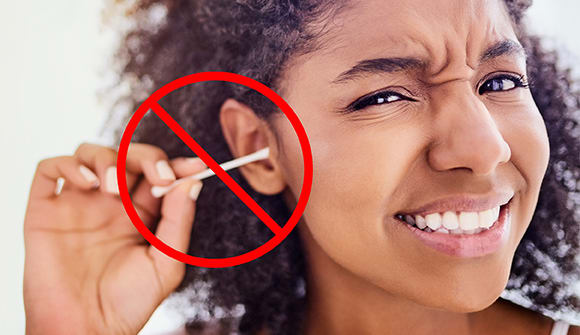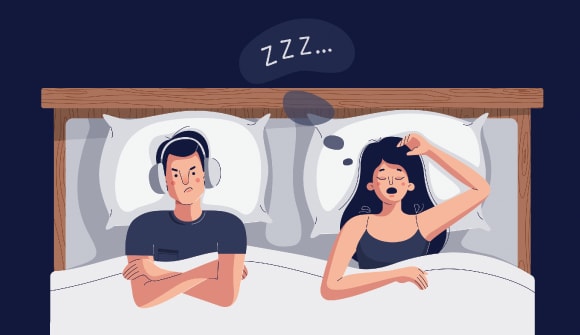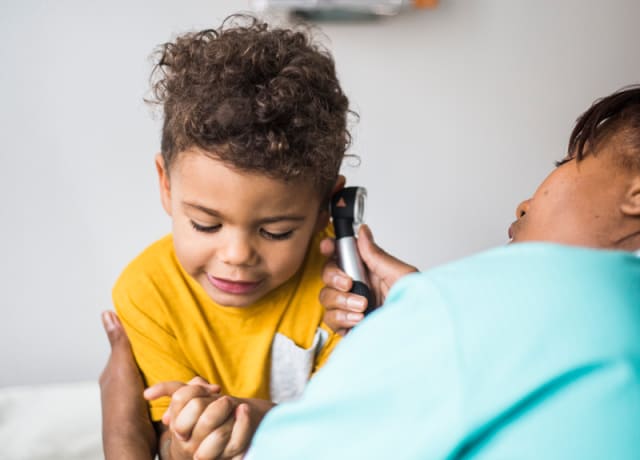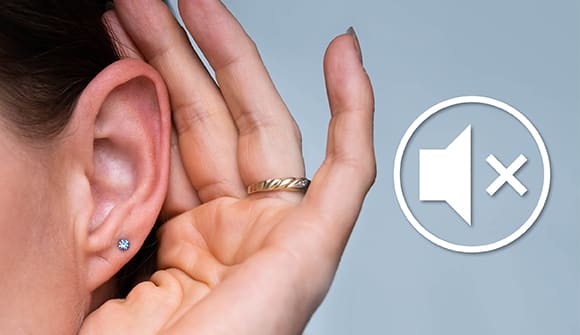Ear goes nothing
To clean or not to clean, that is the question.
Article Date:

We've all done it: cleaned our ears with a cotton swab, alcohol, hydrogen peroxide, finger, pen, key, toothpick or other small object. Which means we've all taken the chance of damaging the delicate organ that is our ear.
Cerumen, commonly known as earwax, helps lubricate and protect the ear canal, keeping things like dirt and dust out. It's normal for the human body to produce it, but many people want to get rid of it for one reason or another. The bottom line for most: stop worrying about it.
Paul Walker, MD, an otolaryngologist (ENT) with North Florida Surgeons, said, "Your ears are designed to clean themselves. The vast majority of people don't need to clean their ears or have them cleaned by a doctor."
Outta ear!
Ears are delicate. Dr. Walker explained, "Skin in the ear canal is thin and fragile, and has a coating that protects it and facilitates self-cleaning."
If you put any object into the ear canal, you risk:
- Disrupting the natural flow of wax, which could lead to dry, itchy skin and buildup.
- Cutting the skin, which could lead to bleeds or infections.
- Pushing the wax further into the ear.
More severe damage may include holes in the eardrum or dislocation of hearing bones, which could lead to hearing loss, dizziness, or persistent ringing (tinnitus). Additionally, the nerves that control facial movement are located in the middle of the ear, so trauma could paralyze the face.
OK, no objects in the ears. How about alcohol or hydrogen peroxide?
"Unless specifically recommended by your physician, I'm not a fan," said Dr. Walker. "These might dry the canal too much. Or, if there's a hole in the eardrum, the liquid could get into the middle ear, which can be annoying or lead to infection."
Ear candling, which involves placing a special hollow, lit candle soaked in beeswax or paraffin inside the ear canal to supposedly draw out ear wax, debris and bacteria, is also a no-go. "Studies have shown this really doesn't do anything," said Dr. Walker. In addition, the Food and Drug Administration (FDA) found these products can cause burns or pierce the eardrum.
What you can do
A little prevention can go a long way. Keep anything that goes in your ears (think buds, plugs and hearing aids) clean to prevent wax from going back into the canal and bacteria from entering the ear. And don't share these items with others.
For water in your ear, Dr. Walker recommended using a hairdryer on a cool setting to blow air into the canal for about three to five seconds instead of putting anything in the ear to remove it.
If you feel you must clean your ears, use a warm washcloth on the outer ear only.
In some cases when a buildup of wax is causing issues, such as pain, bleeding, ringing or hearing loss, Dr. Walker suggested speaking with your primary care physician or an ENT. "When you come to your doctor, we're not only trying to clean out the ear, we're trying to figure out why there is a buildup and help prevent future problems."
The final word
The old adage about not putting anything smaller than your elbow in your ear holds true. "If you can see something at the opening of your ear, by all means, take it out. But if it's deeper in the hole [canal], leave it alone," said Dr. Walker.
If you're experiencing persistent earwax or other issues with your ears, call 904.202.4YOU (4968) or fill out the appointment request form for help in finding an ear, nose and throat specialist near you.



